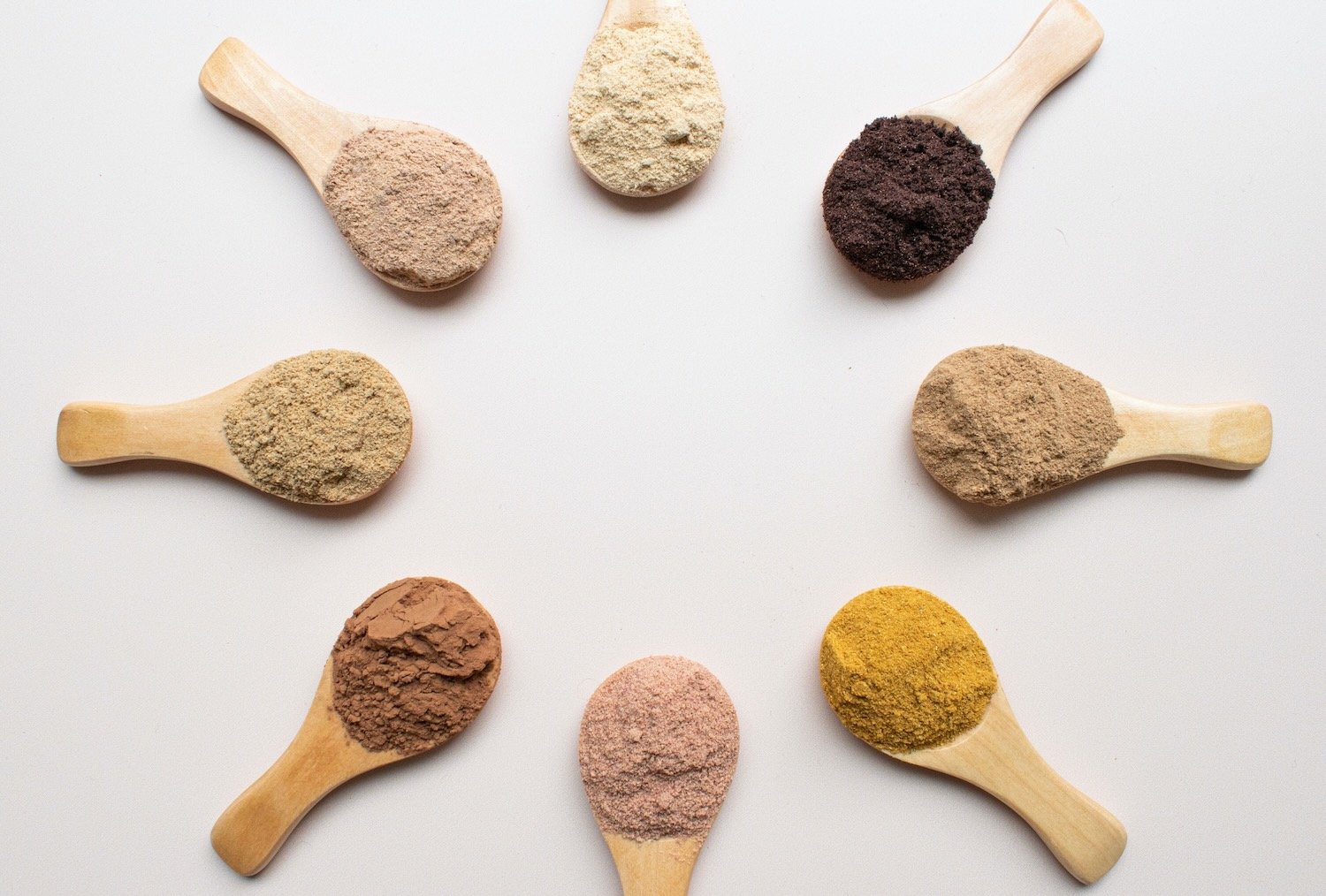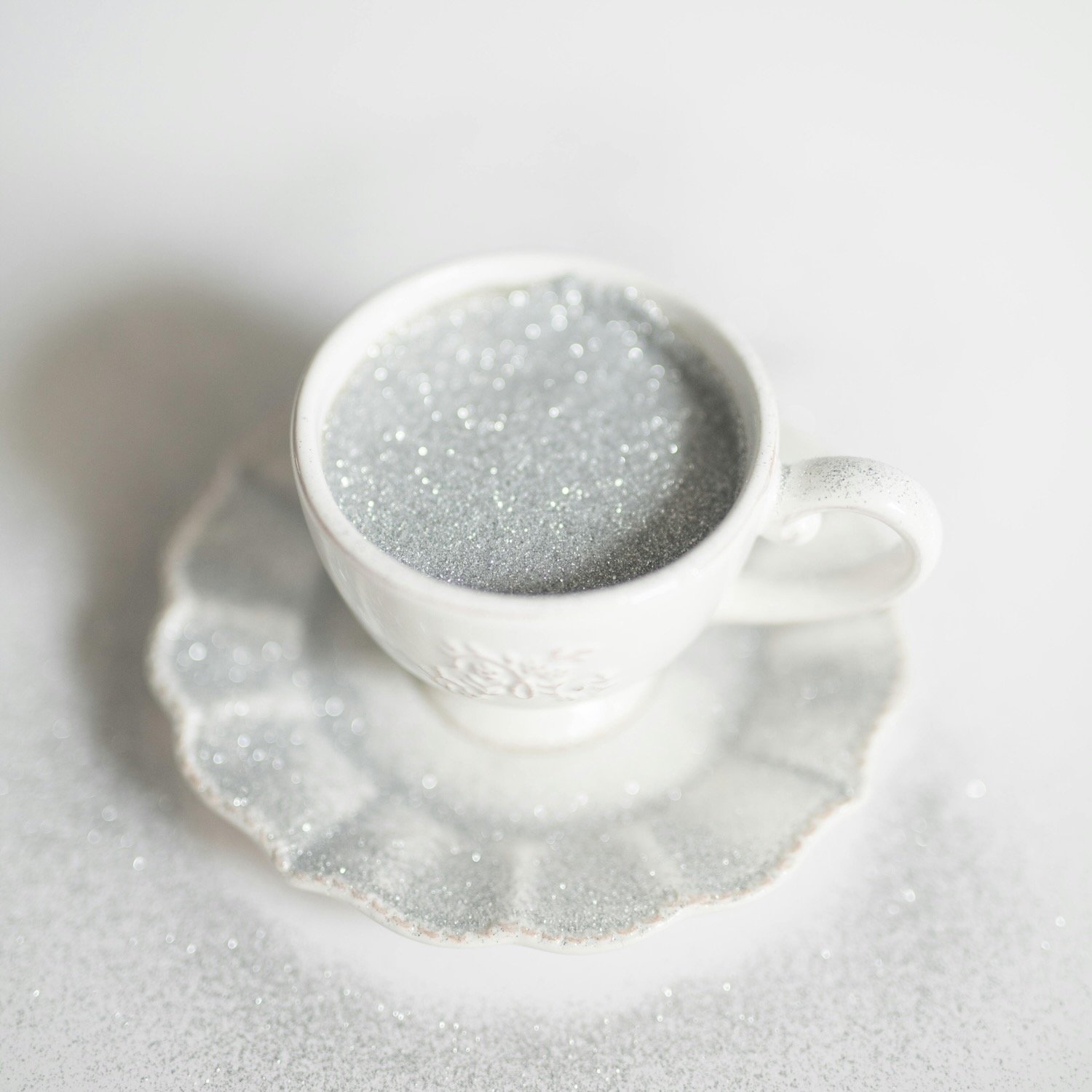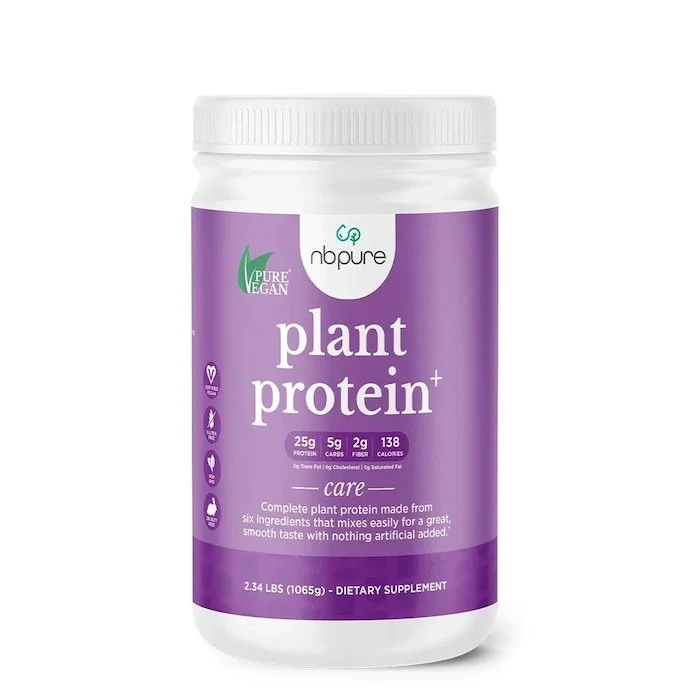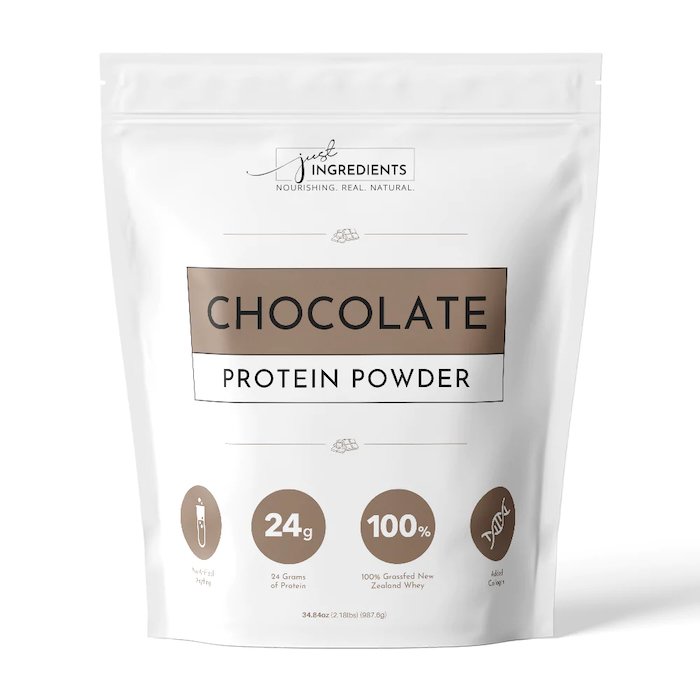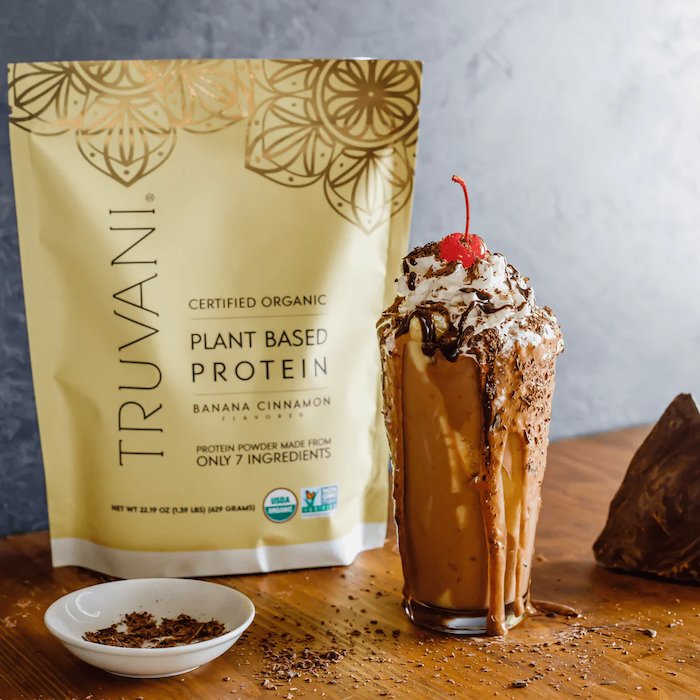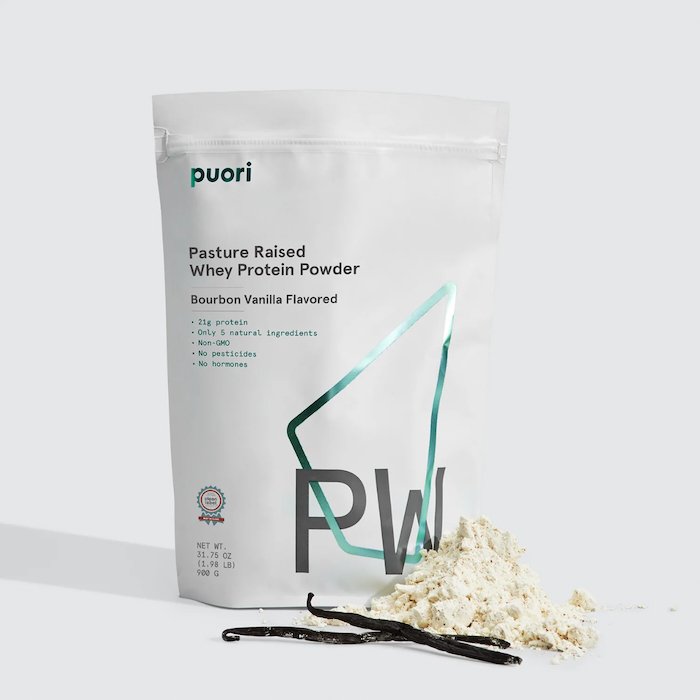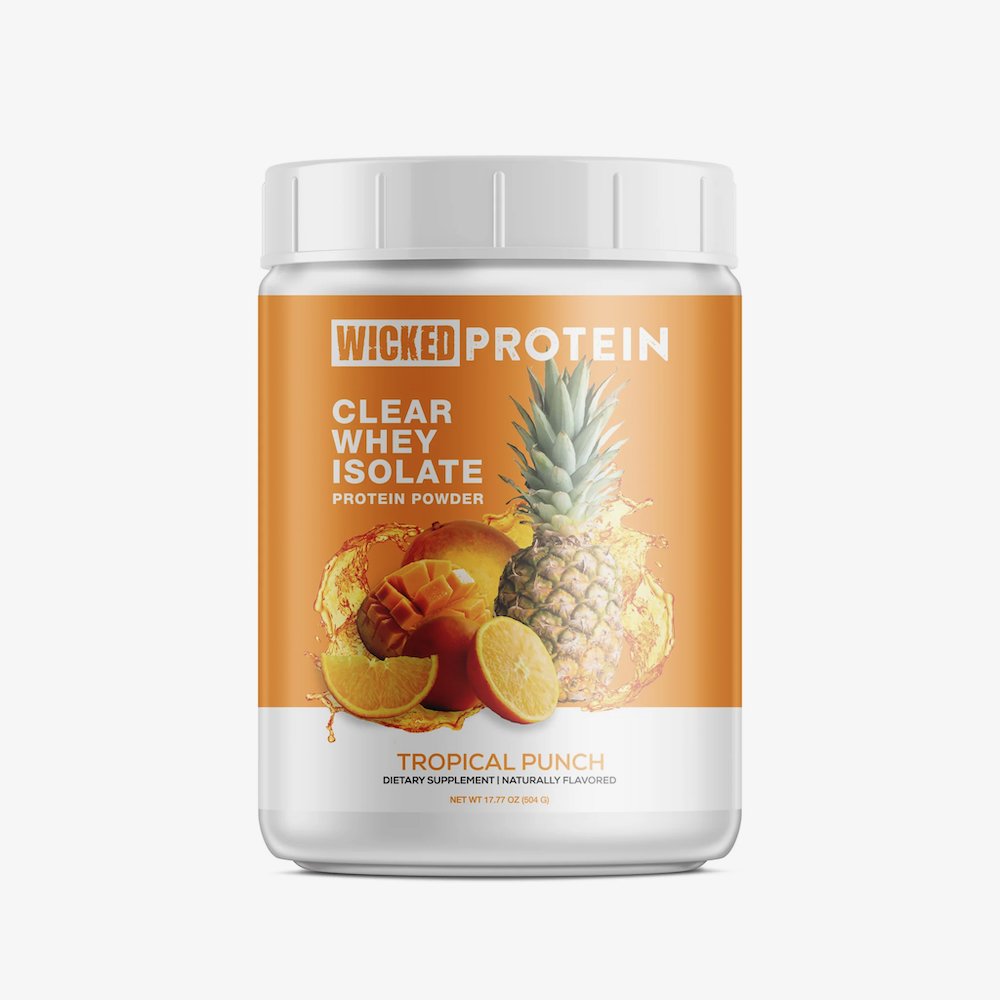Do I Actually Need A Protein Powder...And Which One Isn’t Poison?
by The Candidly Team
People need protein. A lot of protein. How much you ask? Here’s an easy way to calculate.
The essential attributes of protein include increasing energy, strength, muscle mass, metabolism, and antibodies, transporting the oxygen in blood, potentially lowering blood pressure, and maintaining bone mass and cell health.
So, big, crucial anatomical stuff.
And we’ll cut to the chase. The ideal way to get all that protein (as with so many nutrients) is through whole, unprocessed foods. Some excellent food sources of protein for women over 40, according to Dr. Mary Claire Haver, creator of The Galveston Diet include:
Eggs
Full Fat Greek Yogurt
Swiss Cheese
Fish
Nut Butter
Quinoa
Pumpkin Seeds
We ourselves sleuthed a long list of precise, unfussy ways to eat 100 grams of protein in a day, which you can peruse here.
But if you’re looking to increase your protein intake in a fast, drinkable way and are considering a protein powder, there are some things you should know.
First off, because a protein powder falls under the category of “dietary supplement,” the FDA is pretty hands off about what goes into them, leaving it up to manufacturers to regulate their own safety standards. In addition to the long-term health effects of protein powder being generally unknown at this point, they can sometimes house high amounts of sugar, artificial ingredients, or other harmful substances.
One particularly unsettling study showed that many of them contain disturbing levels of toxins and heavy metals such as lead, arsenic, cadmium, and mercury, pesticides, and BPA. These metals can be present in the very soil ingredients grow in, which makes testing an important piece of the puzzle when deciding which powders to consume.
For all of these reasons, it’s important to pay close attention to which protein powders you’re buying and what’s going into them. New info is always being learned about the foods and supplements we consume, but given what we know, these are the protein powders we trust and love. And eat.
1. Best Plant-Based
6 ingredients. That’s it. The first is pea protein isolate, a 90% pure protein made from North American yellow peas. The next two ingredients are recognizable, fiber-rich flax and chia seeds. Everything is gloriously vegan, deliciously vanilla, and blends in a silky, non-chalky way into all our favorite smoothie recipes.
25g of protein per serving
Price: $45
2. Best Sugar-Free
Just Ingredients Chocolate Protein Powder
We very much appreciate the fact that this protein powder is perfectly flavored without the use of artificial sweeteners or sugars and is made from grass-fed whey. Because this is combined with four other protein sources (pea protein, pumpkin seed, chia seeds and collagen), the blend may be gentler on your stomach than others that have a higher percentage of whey. The company claims they test their final product for heavy metals and other harmful substances to make sure it meets national safety standards, and they publish results on their website.
24g of protein per serving
Price: $60
3. Best For Tasting Like Actual Dessert
Another plant-based option that makes “clean” ingredients its core mission, Truvani’s powder is free of artificial sweeteners, additives, fillers, soy, wheat, dairy, gluten, or stevia. Each mix is certified organic and uses monk fruit to add sweetness to its flavors, which are the stuff of dessert-loving dreams. And because, as we mentioned, foods that grow in the ground can contain naturally occurring heavy metals, Truvani says they “strive to find the ingredient source with the lowest levels of heavy metals” and to offer transparency about testing results.
21g of protein per serving
Price: $50
4. Best For Eating “Clean”
One star attribute of Puori is that it’s ranked “best in class protein powder” by Clean Label Project, an organization that aims to offer transparency to food and product labels. Each Puori powder is tested by one of Clean Label Project’s independent labs, and test results regarding heavy metals and contaminants are published for all to see.
21g of protein per serving
Price: $60
5. Best for Mixing Into Water
This is a great option for those who aren’t in love with the “creamy",” shake-like taste and texture of your typical protein powder. Mixed with water, this one drinks more like a juice while still packing 23g of protein per serving. It has several fruity and refreshing flavors to choose from (though all of them do tend to sell out). And last but faaaaar from least, it’s certified by Clean Label Project.
23g of protein per serving
Price: $40
This article is for informational purposes only. It is not intended to be used in place of professional advice, medical treatment, or professional care in any way. This article is not intended to be and should not be a substitute for professional care, advice or treatment. Please consult with your physician or healthcare provider before changing any health regimen. This article is not intended to diagnose, treat, or prevent disease of any kind. Read our Terms & Conditions and Privacy Policy.

